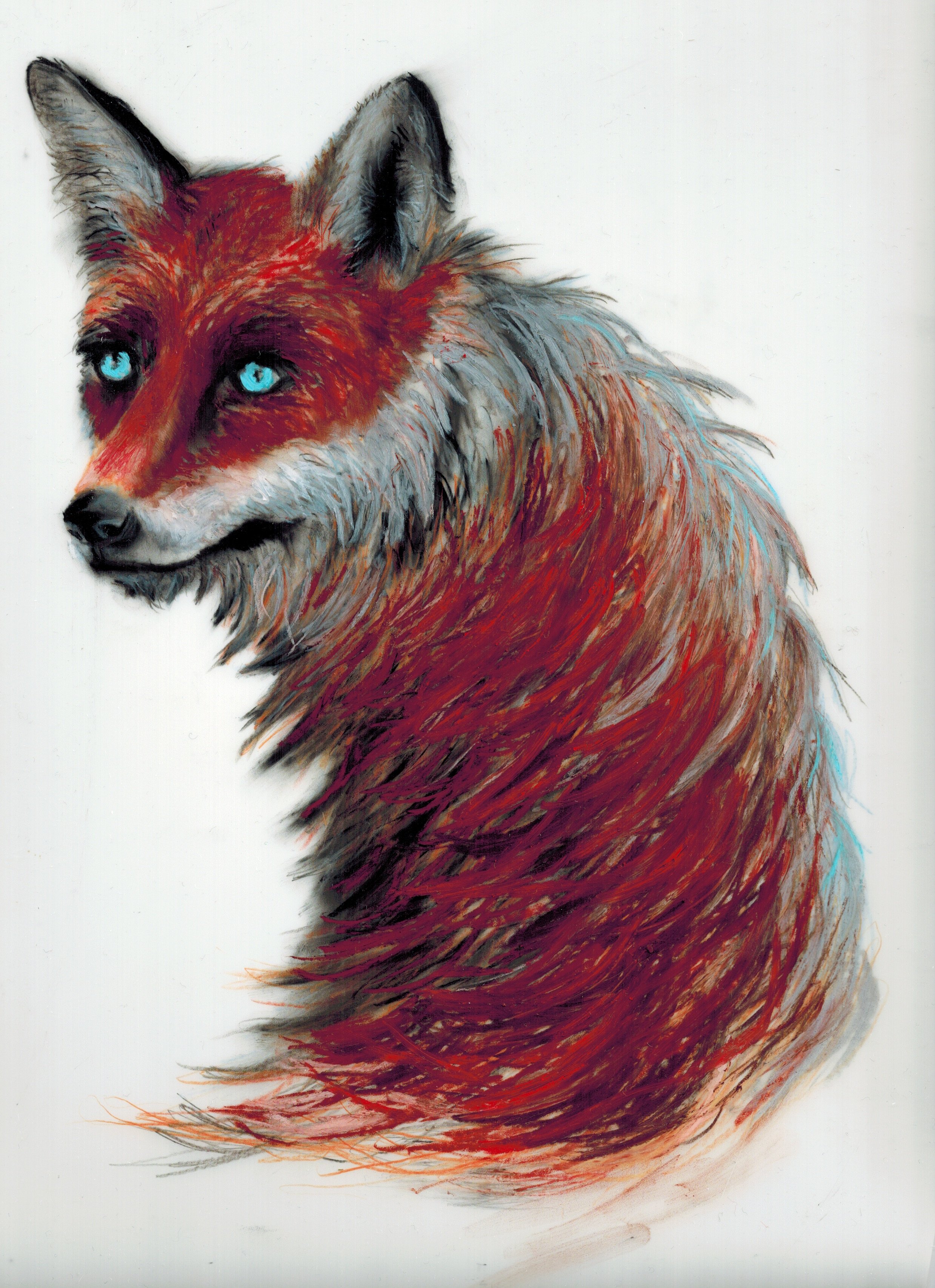In This Is How We Got Here, playwright Keith Barker reflects on moving forward after unfathomable loss
Firehall Arts Centre presentation centres a close-knit family relearning how to coexist in the wake of trauma
This Is How We Got Here playwright Keith Barker.
Firehall Arts Centre presents Keith Barker’s This Is How We Got Here from April 13 to 28, with showtimes at 1 pm, 3 pm, and 7:30 pm; post-show talkbacks take place on April 18 and 25
“HOW DID WE get to this moment?” playwright Keith Barker found himself asking one day. It was a reflection on the collective grief shared amongst his loved ones in the aftermath of three unfathomable losses. They were in a state of limbo, unable to move forward.
His godparents, whom he lovingly refers to as his auntie and uncle, lost both their sons to suicide. Just a couple of years later, his then-partner’s best friend’s brother died by suicide; Barker remembers the friendly young man as strikingly intelligent with a knack for politics and a passion for soccer.
Grief hung around for a long time, wrapping a weighted blanket around everyday life. During holiday visits to his auntie and uncle in Longlac, Ontario with his mom and sisters, Barker would notice them taking moments of solitude to grieve amidst evenings of drinking wine, eating food, and playing board games. It was as if feigning normality by putting one foot in front of the other each day was the only way they knew how to live in the wake of loss.
Barker’s play, This Is How We Got Here, which was nominated for the Governor General’s Literary Award in 2018 and won the Carol Bolt Award in 2020, answers the question of how healing comes to a standstill—and then helps folks find a path forward. It centres a close-knit family as they cope with the trauma of an unexpected loss and must relearn how to coexist.
“Grief has not always been a very private thing,” Barker tells Stir over a Zoom call. “Lots of people used to have places of worship, or places they went to in the community. I feel that since the advent of television, the Internet, and all these things, we’ve actually become more isolated. Organized religion is less popular than it has been—lots of people would gather and mourn together—and there are a lot of cultures that come together to mourn. I was really feeling this sense of isolation in seeing people mourn, and having friends lose someone.
“You know that idea that you can mourn for a couple of months, and then people start to get uncomfortable, like, ‘Whoa, maybe you should start getting over this?’” he observes. “I found that really problematic, because I don’t think you ever get over losing someone you love. Instead, it’s how do you live with that wound forever? And how do you find a way to move on and honour them?”
A member of the Métis Nation of Ontario, Barker grew up in the Northwestern region of the province and moved to Toronto in his 20s. He recalls the immense culture shock of the concrete jungle; with pavement and high-rises everywhere, he missed the solace of nature, which the actor-director-playwright says he often relies on to generate creativity and reconnect with himself.
This Is How We Got Here. Illustration by Travis Murphy
Barker now lives in the city of Stratford, but the natural world continues to play an important role in his identity and artistry. Throughout This Is How We Got Here, nature manifests itself in the form of a fox. Mysterious and spiritual, the small animal enters the storyline at an opportune time, as a sign from a loved one that everything will be okay.
“The fox to me is playful, it’s fun, it’s life, it’s in the moment,” Barker says. “And these characters who are dealing with a great loss bear witness to something that is playful and is trying to get them to open up, or trying to get them to move through something. So I find that the fox is just such a lovable little character in the play.”
Along with the fox, humour also plays a vital role in balancing the tone of This Is How We Got Here. Barker says he comes from a family that cracks jokes in times of hardship—his mom was a 9-1-1 dispatcher, and humour always helped make light during difficult situations.
“You’re dealing with a play with heavy subject matter, and I don’t want to leave an audience feeling that,” Barker says. “I had a beautiful artist tell me one time, ‘Laughter opens the heart so that we can accept the hard things.’ And lots of people hear that the play is about sad subject matter, but there’s lots of really funny stuff that happens. Life is weird. Life is funny. And so, to me, the way to connect with people is through humour.”
Though Barker wrote This Is How We Got Here as a reflection of the grief he was witnessing, its characters and storyline are purely fictional. His auntie and uncle both gave the script their blessing before it was released, and Barker says they felt honoured by and proud of the play after they saw it.
As for the upcoming run of the production at the Firehall, directed by Donna Spencer and Lisa Cooke Ravensbergen, Barker simply hopes that audiences can have meaningful conversations afterwards—and that the play offers them a chance to reflect.
“I had a woman say to me after the show, ‘I’d lost my sister from cancer, and I mostly grieve at my house by myself, and I’m alone,’” recalls Barker. “And she says, ‘And this play allowed me to have a release of emotion, but I could do it privately—because we’re all watching a play, and we’re all crying, but no one knows what I’m crying about, and I don’t know what they’re crying about, or what their emotions are.’ But she goes, ‘I was able to release my emotions privately but in public, and it was just absolutely what I needed.’ So if someone needs a release, if someone wants to feel emotions and have a good laugh—to me, if that’s what they have, then I’ve done my job.” ![]()














